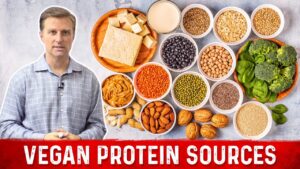More vids, article, and FRE reports: http://www.brinkzone.com/ “Low T” or testosterone deficiency syndrome is a very popular topic these days, with men getting prescriptions for injections, gels, patches, and other T replacement options. But is it safe? Are there side effects? What are the possible negatives to treatment of Low T? I cover what most medical professionals fail to tell you! GOT T? As hormone replacement therapy (HRT) has become much more common place, and there is a growing understanding that keeping men in the “healthy” range for testosterone (T) has various benefits, I wanted to briefly address the issue. For those who need a refresher on the basics of blood work, see my article “It’s In Your Blood” To review the general issues of low T in men, according to one recent review by a Dr. Shabsigh and colleagues: “Hypogonadism (low testosterone) is associated with central obesity; insulin resistance; low levels of high-density lipoprotein (HDL); high cholesterol levels; and high levels of low-density lipoprotein (LDL), triglycerides, fibrinogen, and plasminogen activator-1. Some observational studies show a correlation between low testosterone and cardiovascular disease (CVD), and others show no correlation. Interventional studies do not reveal a direct long-term relation between testosterone therapy and CVD. Short-term data suggest cardiovascular benefits of testosterone.”• The above review also leaves out other known effects of low T, such as loss of libido, depression, loss of muscle mass and decreases performance, as well as other issues best avoided. Most studies find clear health benefits for men with hypogonadism treated with HRT. However, some fears of long term side effects such as cardio vascular disease (CVD) and prostate cancer have been raised. These fears appear to be unfounded, with benefits to the cardio vascular system for men low in T. So what of the risks of CVD or prostate cancer with HRT? The jury is still out, but most data does not find an association between HRT and CVD or prostate cancer. For example, a retrospective analysis by researchers at Beth Israel Deaconess Medical Center published in The New England Journal of Medicine found no causal relationship between testosterone replacement and prostate cancer or heart disease risk. According to Dr. Abraham Morgentaler: “We reviewed decades of research and found no compelling evidence that testosterone replacement therapy increases the incidence of prostate cancer or cardiovascular disease.”•• This review of 72 studies puts to rest-at least for me- that there is any risk of testosterone replacement therapy, at least where it concerns CVD or prostate cancer. Not everyone would agree with that opinion however and anyone considering HRT should get full blood workup done and talk with their doctor about it. But what about healthy men with normal testosterone levels taking additional testosterone? That’s a little less clear at this time. Studies are conflicting whether or not adding additional testosterone to men with normal levels presents an increased risk. However, a study published in The New England Journal of Medicine (NEJM) — considered one of the most prestigious medical and scientific journals in the world — found healthy men given 600mg per week of testosterone enanthate did not suffer any side effects, negative changes in lipid profiles, and did not see a rise in prostate-specific antigens, or increased aggression. ••• But what if the person has already had a heart attack? Interestingly, one study suggests testosterone therapy may actually help after a heart attack, but it’s preliminary research done on animals. •••• This is just a sample of the many studies published on the topic. Finally, what about the very high doses used by high level bodybuilders and other athletes? That’s petty much an unknown at this time. As with many hormones, below a certain levels, health issues arise and above a certain level, the same thing happens, though the health issues may or may not be the same. For example, very high levels or very low levels of T may present an increased risk for cardiovascular disease (CVD) but far more is known about too little vs. too much when it comes to testosterone and CVD or prostate issues, etc. At the very high doses used by some athletes it would not surprise me if there was an increased risk of CVD but data is scarce here. So what’s the take home? CONT: http://www.brinkzone.com/general-health/got-test/
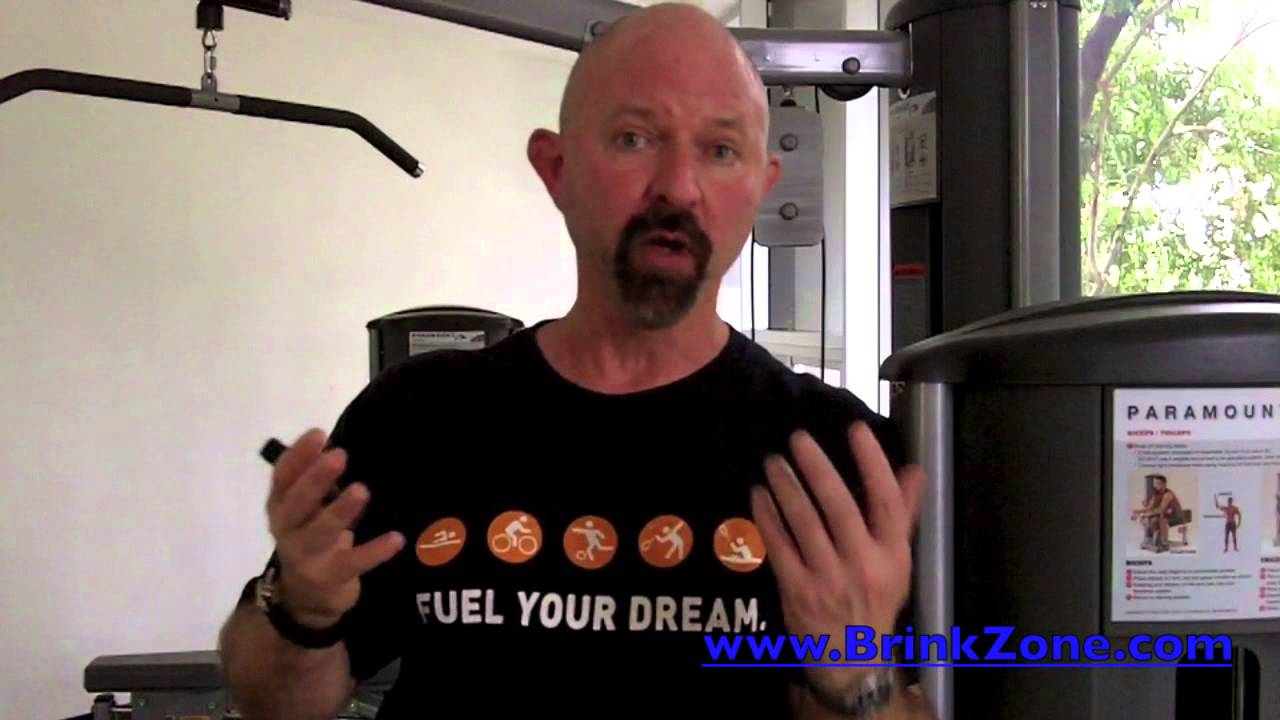
Testosterone & Androgenic Effects Video – 48
- Post author:
- Post published:May 10, 2021
- Post comments:0 Comments
You Might Also Like
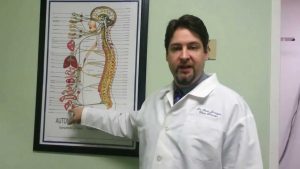
Erectile Dysfunction and Lower Back Pain
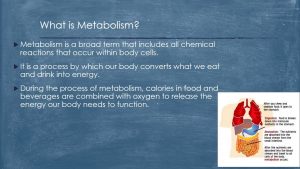
Metabolism, Anabolism, and Catabolism

How to Do a Dumbbell Biceps Curl | Arm Workout
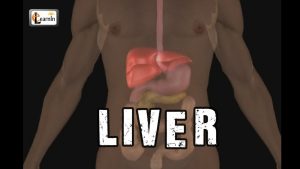
Liver anatomy and function | Human Anatomy and Physiology video 3D animation | elearnin

Free T3, Free T4, Reverse T3
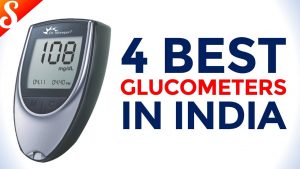
4 Best Glucometers in India with Price
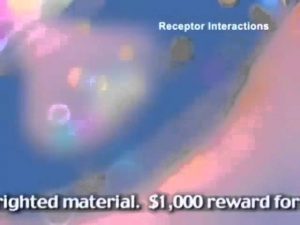
Pharmacodynamics: What a Drug Does to the Body Preview

What Is Vitamin B3 (Niacin)? | Vitamins
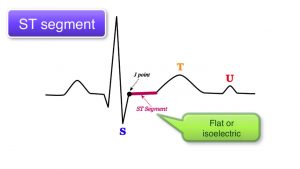
ECG Basics 9/10 – ST interval, T wave and U wave
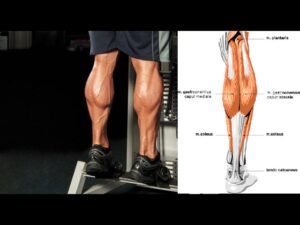
3 Tips for Monster Calf Muscles – (Muscle Group Series)
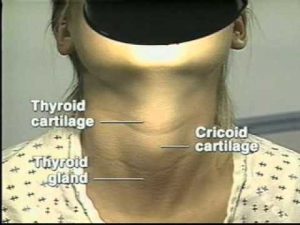
Lymph node, thyroid examination
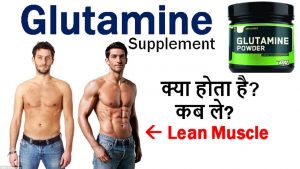
GLUTAMINE Supplement Details in Hindi – Use, Benefits and Side Effects – HEALTH JAGRAN

Top 10 Foods That Increase Your Sperm Count
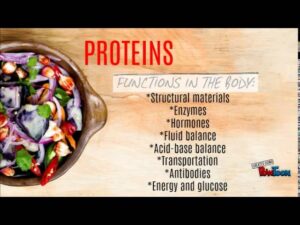
6 Class Of Nutrients Video – 1

HGH, Growth Hormones & Plant Hormones Video – 41

CT BRAIN ANGIOGRAPHY POST PROCESSING

Marathon Video – 3

Front Raises supersetted w/ Lateral Raises

Zubaidi Fitness
Lat Pull Down-8

Cutting body full workout || Strength increase 5 exercise || kush fitness
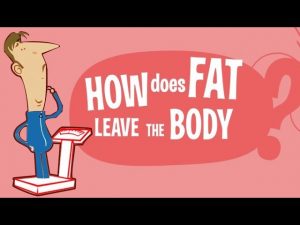
How Does Fat Leave the Body? Where does the fat GO?

Aerated & Soft Beverages Video – 1

Foundation Training Anchored Extension

High protein diet plan for weight loss How does it works
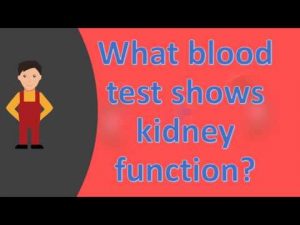
What blood test shows kidney function ?
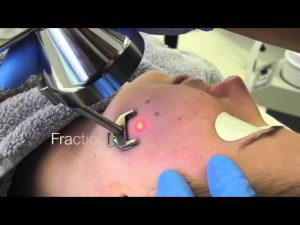
Acne Treatments

Spa Treatments Video – 3
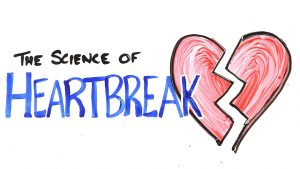
The Science of Heartbreak
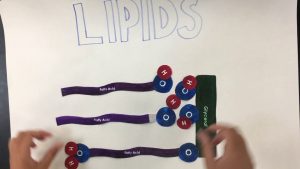
Hydrolysis and Dehydration Synthesis of Lipids
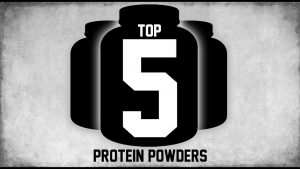
Top 5 Best Whey Protein Powder Supplements 2016 First Half | MassiveJoes.com | Isolate Shakes

Spa Business Video – 4

6 Cable Tricep Exercises For Bigger Arms
![Read more about the article Pantoprazole; Errors, Side Effects, & What to Do [Doctor Interview]](https://videos.drmaheshkumar.com/wp-content/uploads/2021/05/Pantoprazole-Errors-Side-Effects-What-to-Do-Doctor-Interview-1-300x225.jpg)
Pantoprazole; Errors, Side Effects, & What to Do [Doctor Interview]

Why Garlic NEED for MEN? Benefits of Garlic | Garlic Health Benefits

How to do a tricep dip
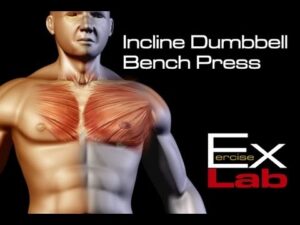
Incline Bench Press ( Dumbbells) : Chest Exercises
![Read more about the article [Preview] What really causes heart disease?](https://videos.drmaheshkumar.com/wp-content/uploads/2021/05/Preview-What-really-causes-heart-disease-300x225.jpg)
[Preview] What really causes heart disease?

Who is best to consult for Androgenic Alopecia? – Dr. Aruna Prasad

Vitamins Minerals For Health Video – 1

3 Most Important Supplements for Bodybuilding – Leroy Colbert
